
Editorial
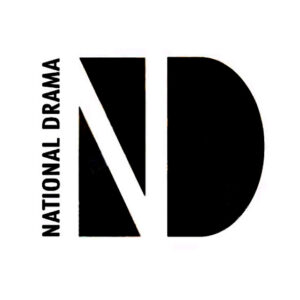
Volume 7 Editorial
We are proud to say that in this issue of Drama Research, as well as articles from the USA and the UK, there is strong representation of research papers from the African continent: from Ghana, Zimbabwe and The Republic of South Africa. It is a rare treat to gain a wealth of insights into the work that is going on in that great continent.

Volume 7 Editorial
We are proud to say that in this issue of Drama Research, as well as articles from the USA and the UK, there is strong representation of research papers from the African continent: from Ghana, Zimbabwe and The Republic of South Africa. It is a rare treat to gain a wealth of insights into the work that is going on in that great continent.
Articles
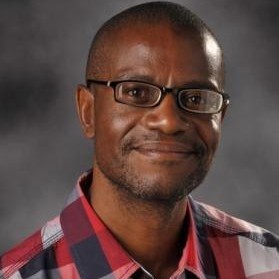
Researching applied theatre through the ethnography of performance: a perspective from the South
In this paper we ask the basic question: How can arts education practices such as applied drama and theatre be better researched through performance ethnography as methodology?
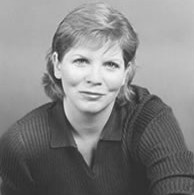
The Show Must Go On: Using Applied Theatre Conventions to Create Intergenerational Attitudinal Shifts and Understandings
This article chronicles the creation and facilitation of an applied theatre action research project. This project was led in partnership with Central High School of New Jersey and Israel Senior Center of New York.

The role of ipsative design in developing the practice of trainee drama teachers
This paper reports on research into how trainee drama teachers can be helped to identify how personally held values are organised into systems that impact on their classroom practice by reviewing video recording of themselves teaching.

Keeping promises: A Strategic Narrative Embodiment model for designing social change interventions
Increasingly organisations of all types are under pressure to live up to the values they profess in their vision and value statements.
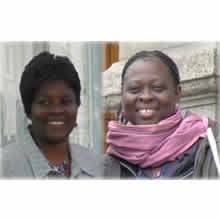
Experimenting Playbuilding with Ghanaian Children
Although playbuilding both in school and outside school settings is a common practice in Europe and other parts of the world, most children in Ghana are not familiar with this procedure and its benefits.
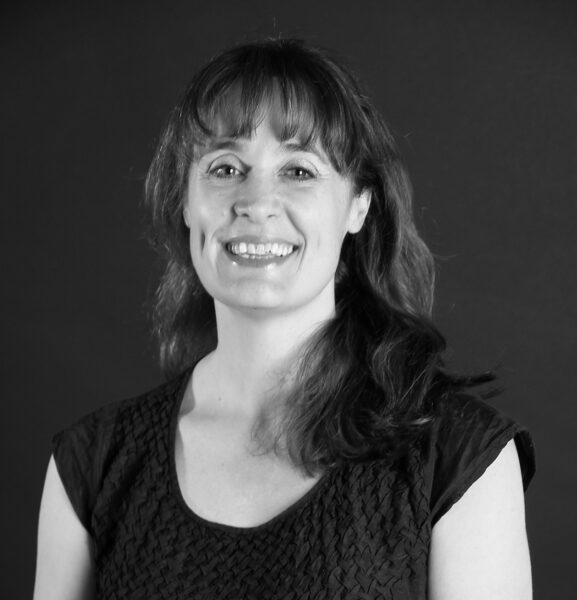
Culture, Politics and Drama Education: The Creative Agenda 1997‐2015
In the years following New Labour’s election victory (1997) the creative agenda was a visible concern for schools and teachers.

Challenges of Drama Performance Assessment
As with any subject area, Drama’s inclusion in the secondary curriculum must conform to curriculum policies and procedures, including those related to assessment and certification.

Researching applied theatre through the ethnography of performance: a perspective from the South
In this paper we ask the basic question: How can arts education practices such as applied drama and theatre be better researched through performance ethnography as methodology?

The Show Must Go On: Using Applied Theatre Conventions to Create Intergenerational Attitudinal Shifts and Understandings
This article chronicles the creation and facilitation of an applied theatre action research project. This project was led in partnership with Central High School of New Jersey and Israel Senior Center of New York.

The role of ipsative design in developing the practice of trainee drama teachers
This paper reports on research into how trainee drama teachers can be helped to identify how personally held values are organised into systems that impact on their classroom practice by reviewing video recording of themselves teaching.

Keeping promises: A Strategic Narrative Embodiment model for designing social change interventions
Increasingly organisations of all types are under pressure to live up to the values they profess in their vision and value statements.

Experimenting Playbuilding with Ghanaian Children
Although playbuilding both in school and outside school settings is a common practice in Europe and other parts of the world, most children in Ghana are not familiar with this procedure and its benefits.

Culture, Politics and Drama Education: The Creative Agenda 1997‐2015
In the years following New Labour’s election victory (1997) the creative agenda was a visible concern for schools and teachers.

Challenges of Drama Performance Assessment
As with any subject area, Drama’s inclusion in the secondary curriculum must conform to curriculum policies and procedures, including those related to assessment and certification.
Book Reviews
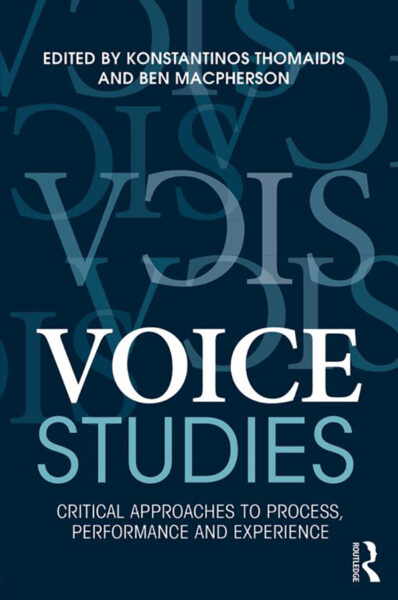
Voice Studies: Critical Approaches to Process, Performance and Experience
Voice Studies brings together leading international scholars and practitioners, to re-examine what voice is, what voice does, and what we mean by ‘voice studies’ in the process and experience of performance. This dynamic and interdisciplinary publication draws on a broad range of approaches, from composing and voice teaching through to psychoanalysis and philosophy. With contributions spanning six continents, the volume considers the processes of teaching or writing for voice, the performance of voice in theatre, live art, music, and on recordings, and the experience of voice in acoustic perception and research. It concludes with a multifaceted series of short provocations that simply revisit the core question of the whole volume: what is voice studies?
By Konstantinos Thomaidis and Ben Macpherson
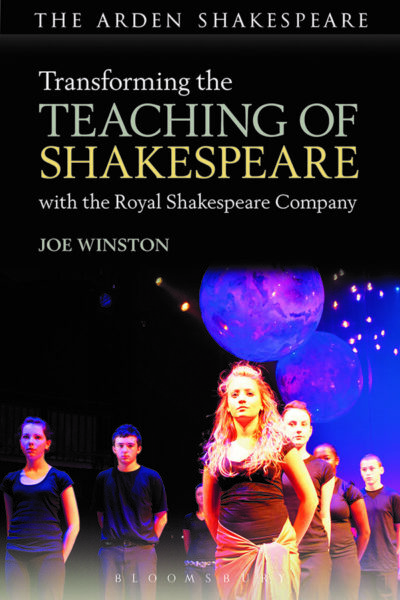
Transforming the Teaching of Shakespeare with the Royal Shakespeare Company
This book tells the story of the Royal Shakespeare Company’s acclaimed and influential project to transform the teaching of Shakespeare in schools. It examines their approaches to making his plays more accessible, enjoyable and relevant to young people, describing the innovative classroom practices that the Company has pioneered and locating these within a clearly articulated theory of learning. It also provides evidence of their impact on children and young people’s experience of Shakespeare, drawing upon original research as well as research commissioned by the RSC itself.
By Joe Winston
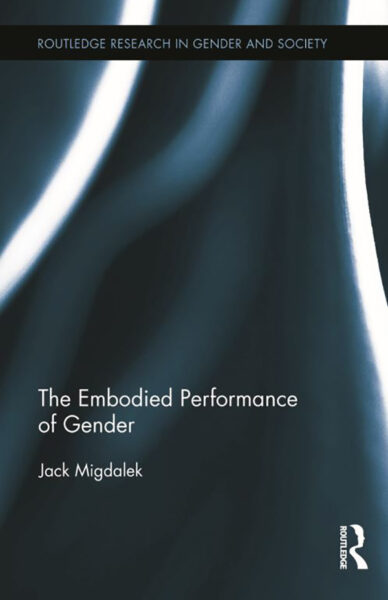
The Embodied Performance of Gender
Norms of embodied behaviour for males and females, as promoted in mainstream Western public arenas of popular culture and the everyday, continue to work, overtly and covertly, as definitive and restrictive barriers to the realm of possibilities of embodied gender expression and appreciation. They serve to disempower and marginalize those not inclined to embody according to such dichotomous models. This book explores the ramifications of the way our gendered, sexed and culturally constructed bodies are situated toward notions of difference and highlights the need to safeguard the social and emotional well-being of those who do not fit comfortably with dominant norms of masculine/feminine behaviour, as deemed appropriate to biological sex.
By Jack Migdalek
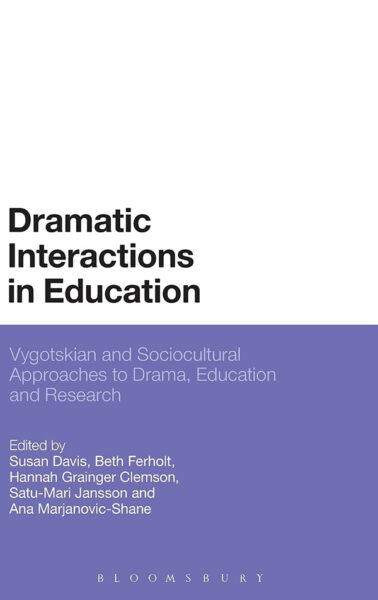
Dramatic Interaction in Education: Vygotskian and Sociocultural Approaches to Drama, Education and Research
Dramatic Interactions in Education draws together contemporary sociocultural research across drama and educational contents to draw out implications for researchers and practitioners both within and outside the field. Drama is a field for which human interactions, experience, emotional expression, and attitude are central, with those in non-arts fields discovering that understandings emerging from drama education can provide models and means for examining the affective and relational domains which are essential for understanding learning processes. In addition to this, those in the realm of drama education and applied theatre are realising that sociocultural and historical-cultural approaches can usefully inform their research and practice.
By Kelly Freebody and Michael Finneran
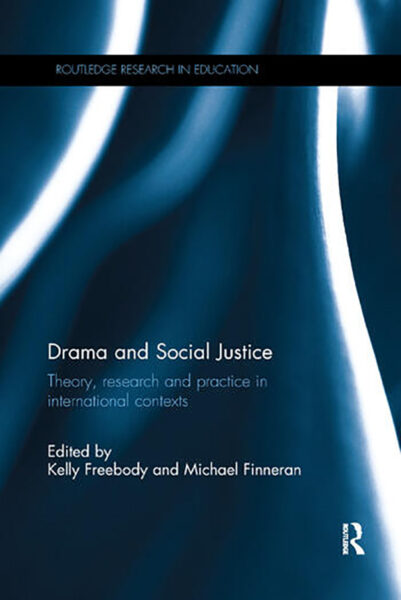
Drama and Social Justice: Theory, research and practice in international contexts
Much has been written within the tradition of drama education and applied theatre around the premise that drama can be a force for change within both individual lives and society more broadly. However, little has been published in terms of charting the nature of this relationship. By combining theoretical, historical and practical perspectives, this book unpacks and explores drama’s intrinsically entwined relationship with society more comprehensively and critically.
By Kelly Freebody and Michael Finneran

Voice Studies: Critical Approaches to Process, Performance and Experience
Voice Studies brings together leading international scholars and practitioners, to re-examine what voice is, what voice does, and what we mean by ‘voice studies’ in the process and experience of performance. This dynamic and interdisciplinary publication draws on a broad range of approaches, from composing and voice teaching through to psychoanalysis and philosophy. With contributions spanning six continents, the volume considers the processes of teaching or writing for voice, the performance of voice in theatre, live art, music, and on recordings, and the experience of voice in acoustic perception and research. It concludes with a multifaceted series of short provocations that simply revisit the core question of the whole volume: what is voice studies?
By Konstantinos Thomaidis and Ben Macpherson

Transforming the Teaching of Shakespeare with the Royal Shakespeare Company
This book tells the story of the Royal Shakespeare Company’s acclaimed and influential project to transform the teaching of Shakespeare in schools. It examines their approaches to making his plays more accessible, enjoyable and relevant to young people, describing the innovative classroom practices that the Company has pioneered and locating these within a clearly articulated theory of learning. It also provides evidence of their impact on children and young people’s experience of Shakespeare, drawing upon original research as well as research commissioned by the RSC itself.
By Joe Winston

The Embodied Performance of Gender
Norms of embodied behaviour for males and females, as promoted in mainstream Western public arenas of popular culture and the everyday, continue to work, overtly and covertly, as definitive and restrictive barriers to the realm of possibilities of embodied gender expression and appreciation. They serve to disempower and marginalize those not inclined to embody according to such dichotomous models. This book explores the ramifications of the way our gendered, sexed and culturally constructed bodies are situated toward notions of difference and highlights the need to safeguard the social and emotional well-being of those who do not fit comfortably with dominant norms of masculine/feminine behaviour, as deemed appropriate to biological sex.
By Jack Migdalek

Dramatic Interaction in Education: Vygotskian and Sociocultural Approaches to Drama, Education and Research
Dramatic Interactions in Education draws together contemporary sociocultural research across drama and educational contents to draw out implications for researchers and practitioners both within and outside the field. Drama is a field for which human interactions, experience, emotional expression, and attitude are central, with those in non-arts fields discovering that understandings emerging from drama education can provide models and means for examining the affective and relational domains which are essential for understanding learning processes. In addition to this, those in the realm of drama education and applied theatre are realising that sociocultural and historical-cultural approaches can usefully inform their research and practice.
By Kelly Freebody and Michael Finneran

Drama and Social Justice: Theory, research and practice in international contexts
Much has been written within the tradition of drama education and applied theatre around the premise that drama can be a force for change within both individual lives and society more broadly. However, little has been published in terms of charting the nature of this relationship. By combining theoretical, historical and practical perspectives, this book unpacks and explores drama’s intrinsically entwined relationship with society more comprehensively and critically.
By Kelly Freebody and Michael Finneran
Editorial Board

Volume 7 Editorial Board
Viv Kerridge
Amanda Kipling
Chris Lawrence
Nicola Toneri

Volume 7 Editorial Board
Viv Kerridge
Amanda Kipling
Chris Lawrence
Nicola Toneri
Notes on Authors

Volume 7 Notes on Authors
Awo Mana Asiedu is a senior lecturer in the Department of Theatre Arts at the University of Ghana.

Volume 7 Notes on Authors
Awo Mana Asiedu is a senior lecturer in the Department of Theatre Arts at the University of Ghana.
Table of Contents

